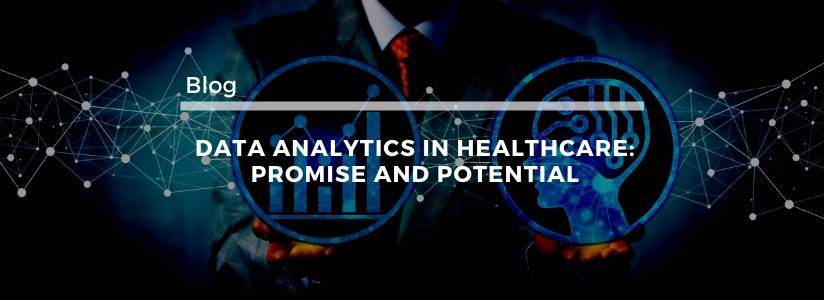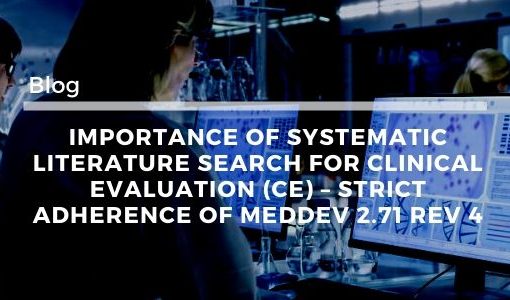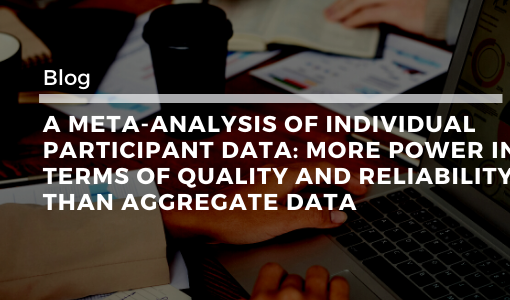Introduction
Healthcare has evolved from providing mere reactive patient care based on subjective decision making to a more efficient holistic and evident-based patient care. Modern-day health care relies more on available patient details and their past medical history that forms the core of clinical data. A comprehensive analysis of clinical data has facilitated medical specialists and other professionals associated with the healthcare domain to make informed care choices and treatment decisions
Experts in the medical field emphasize that it is a herculean task for the individual clinicians and health care groups to draw meaningful information and conclusions from such highly exhaustible clinical data, considering that they are already stressed with managing complex medical conditions and an ever-increasing number of patients afflicted with life-debilitating disorders. The concerned health care providers can take the assistance of sophisticated medical and clinical data analytics solutions to make an accurate diagnosis of the disease conditions and provide best possible treatment modalities for the majority of their patients.
The technological advancements, generation of a large volume of clinical data and migration towards new payment models, have made the reliance on healthcare analytics solutions more significant for clinical practitioners and health care groups for better healthcare management. Healthcare groups are now taking numerous approaches to deal with their burgeoning analytics needs that include merging the claims with the large clinical data generated in their day-to-day clinical practices.
Important Components and Sources of Clinical Data
In general, clinical data refers to critical information relating to the patients, such as;
- Diagnosis done for specific disease conditions,
- Treatments administered presently and, in the past,
- Medicines Prescribed
- Related Procedures and lab tests conducted,
- Previous hospitalizations, if any.
Clinical data is generated from a variety of sources such as Electronic Medical Records (EMR), health databases, disease registries, healthcare provider reports, patient feedback, and surveys
A useful analysis of clinical data will allow medical specialists to classify their patient populations by their relative health status easily. It also facilitates them to correctly determine the level and the category of interventions required for each of their individual’s patients.
Need and Importance of Clinical Data Analytics Solutions
The health-care industry has become increasingly evidence-based, in recent years, and it has become imperative for health care providers to give sufficient emphasis to comprehensive clinical data analysis for numerous reasons.
Meaningful analysis of clinical data allows the clinicians and health care professionals to undertake informed decisions to provide high-quality patient care
Data powered IT tools like Hospital Information System (HIS), Enterprise Resource Planning (ERP) has enabled the clinicians and hospital administrators to make a proper analysis of their patient population, their treatment requirements, and resource necessities thereby allowing them to achieve better patient satisfaction and improvement of services.
Clinical data analytics results in evidence-based health care practice
Clinical data analytics solutions collates patient related clinical information like medical tests, lab tests and prescribed medications in one electronic dashboard. It facilitates clinicians to access every patient’s past treatment history easily and thereby helps them to make appropriate clinical decisions based on the various supporting evidence promptly
Sophisticated IT tools like Electronic Medical Records (EMR), PACS allows the clinical specialists to efficiently analyze critical patient data obtained from the diagnostic procedures and significantly facilitate them to provide evidence-based treatment to the patients.
Robust clinical analytics platform can assist health care groups in achieving optimum utilization of valuable resources
Clinical data analysis will be of extensive use for medical specialists and health care professionals to correctly identify patient groups who are likely to be benefitted by various care management programs. Thus, they can clearly focus on their availability and required resources that can positively impact the beneficiaries of such patient care programs.
Analytics platform leads to better care coordination among various departments in a multi-specialty hospital
Clinical data analytics ensures that every patient’s records can be viewed by different sub-specialties that allow faster communication of critical treatment procedure information among various medical specialists and resulting in coordinated patient care management in the health care organization.
Clinical Data analysis allows the different health-care operators to see the larger picture
Modern-day medical clinical analytical tools offer a comprehensive system for the clinicians and the professional’s associated in the health care field to have a macro-level understanding of the particular health care organization. Critical analysis of clinical and non-clinical data gathered from different areas of healthcare operations enables the management to have a complete picture of the efficiency of their various facilities and assess and improve their clinical performance.
Robust analysis of critical patient’s data results in improved patient engagement.
Clinicians can leverage advanced analytical tools to facilitate better recall of their patient’s history relating to past treatments and visit details, leading to better engagement with patients and improved patient’s satisfaction.
Clinical analytics platform enables easy categorization of various disease conditions for prioritizing high impact focus areas
Various disorders and associated co-morbid conditions can be categorized into low risk, medium risk and high-risk conditions, based on the impact it creates on the patient’s health. For instance, high-risk disorders, poorly controlled diabetes, high BP, and end-stage kidney disease are known to cause a significant adverse impact on the overall health status of the patients and thus require high priority focus from the concerned medical specialists.
Similarly, borderline diabetes, hypertension, and hyperlipidemia are not known to cause severe deterioration in the immediate health status of the patients, thus can be accorded less priority.
Data analytics solutions encourage preventive patient care
Many patients seek reactive health care, which means that they come to doctors or hospitals only when they are not in a healthy physical condition. It is recognized that reactive healthcare is very costly as it may include getting admitted in emergency rooms that will physically and mentally exhaust the patients.
On the other hand, health care experts recommend preventive patient care which is relatively inexpensive and is best for maintaining long-term physical health. Clinical data analytics tools and predictive modeling enables clinicians and health care providers to precisely determine the risk percentage of an individual’s health.
Analytics helps in continuous monitoring of patient’s wellness
Clinicians and healthcare organizations can rely on clinical data analytics solutions to remind their patients to maintain a healthy lifestyle and continuously monitor their wellness status to make necessary changes in prescribing lifestyle modifications.
Analytic solutions assist the caregivers in offering preventive care to high-risk patients with uncontrolled diabetes, hypertension, and other co-morbid conditions to minimize the chances of those patients getting infected with life-threatening and life-debilitating disorders.’
Quality data results in higher facility performance in revenue collection.
The credit component of health care economics has grown exponentially in the last decade with an increasing number of patients opting for medical insurance support to meet the increasing medical and hospitalization costs. Health insurance companies and third-party payers require individual clinicians and hospitals to provide specific patient and treatment procedure information with supporting clinical data documentation before approving cashless treatment support for the patients having their medical claim policies.
The clinical data analytics products and platforms are of great assistance to the healthcare providers to submit the error-free data as required by the insurance companies to get their maximum claim reimbursements in a quick time.
Conclusion
Thus, it can be safely concluded that a well-developed and executed Clinical data analytics solutions result in
- Improved monitoring and high-quality patient care
- Standardized clinical practices and related processes
- Following evidence-based patient care practice.
- Increased focus on value-based medicine
- Gaining sufficient understanding of health economics
Clinical Analytics services include
- Quality Enhancement and Clinical Benchmarking
- Comparative Analytics and Comparative Effectiveness
- Clinical assessment Support
- Precision Health Reporting and conformity procedures






Comment here